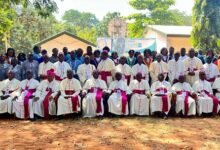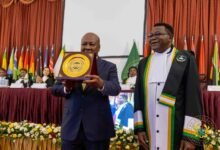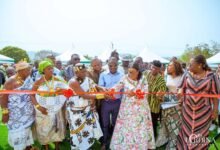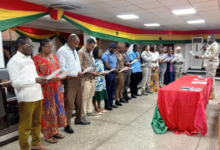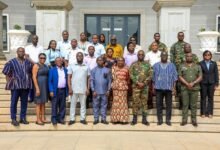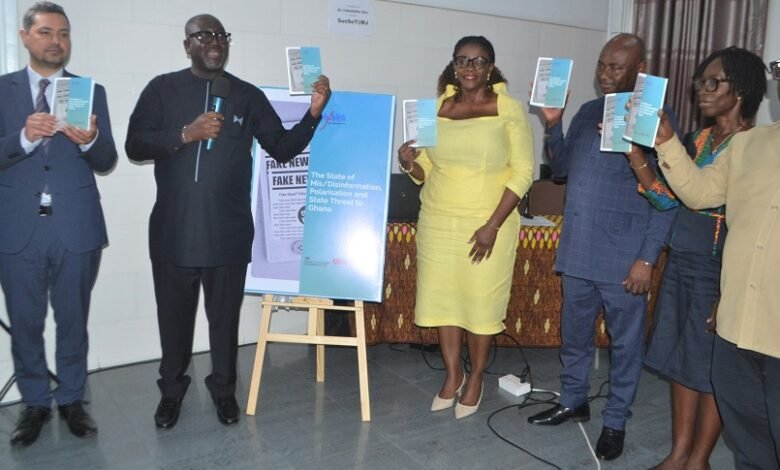
The Executive Director of the Media Foundation for West Africa (MFWA), Sulemana Braimah, has called for immediate action to address the growing problem of misinformation and disinformation in Ghana.
Misinformation is the spreading of false information without the intent to deceive while disinformation on the other hand, is the deliberate dissemination of false information to manipulate the public.
He warned that the spread of false information by both the media and political groups was distorting Ghana’s democratic processes, fuelling violence, and undermining public trust.
Speaking at a press conference in Accra on Wednesday, Mr Braimah highlighted the increasing ethnic tensions in regions such as Upper West, Upper East, and Bono East, which had been exacerbated by misinformation.
He cited recent killings in those areas, fuelled by false narratives, as a stark reminder of the dangers posed by misinformation.
Mr Braimah noted that the challenge was not limited to Ghana but was part of a global issue, with superpowers using misinformation as a geopolitical tactic.
He pointed to recent instability in neighbouring countries, including Burkina Faso, as an example of how misinformation can destabilise entire regions.
To combat this threat, Mr Braimah stressed the need for media houses to establish fact-checking units and collaborate to counter the spread of false information.
He also emphasised the need to depoliticise media ownership to prevent political parties from using media platforms to manipulate information for their benefit.
The Head of the Political and Governance Team at the British High Commission, Mr Hooman Nouruzi, commended MFWA for its insightful report and underlined the importance of media literacy in addressing misinformation.
Mr Nouruzi expressed concern that misinformation could destabilise not only Ghana but the broader West African region.
While praising Ghana’s electoral processes, particularly the recent presidential and parliamentary elections, he emphasised the need for continued vigilance against misinformation.
“Misinformation threatens governance and democracy, and it’s crucial that we all collaborate to mitigate these risks,” Nouruzi stated.
The Director of Electoral Services at the Electoral Commission (EC), Benjamin Bano-Bioh, also highlighted the importance of voter education in the fight against misinformation.
He announced that the EC would soon launch an enhanced, year-round voter education programme to equip citizens with the skills needed to critically assess information.
Mr Bano-Bioh called for accountability in political communication, urging political party leaders and their supporters to be responsible for the information they disseminate.
“Ethical communication should be at the forefront of political engagement,” he added.
The Chairperson of the National Commission for Civic Education (NCCE), Kathleen Addy, echoed the calls for collective responsibility in protecting Ghana’s democracy from the threats of misinformation and political polarisation.
She commended MFWA for its research and advocacy, urging all stakeholders to take action based on the report’s findings.
“The threat posed by misinformation is not unique to Ghana but is a global issue that requires collaboration at all levels of society,” Ms Addy stated.
She entreated stakeholders to take urgent action to ensure that Ghanaians could make informed decisions and preserve the integrity of the country’s democratic processes
BY RAYMOND AMPONSAH

